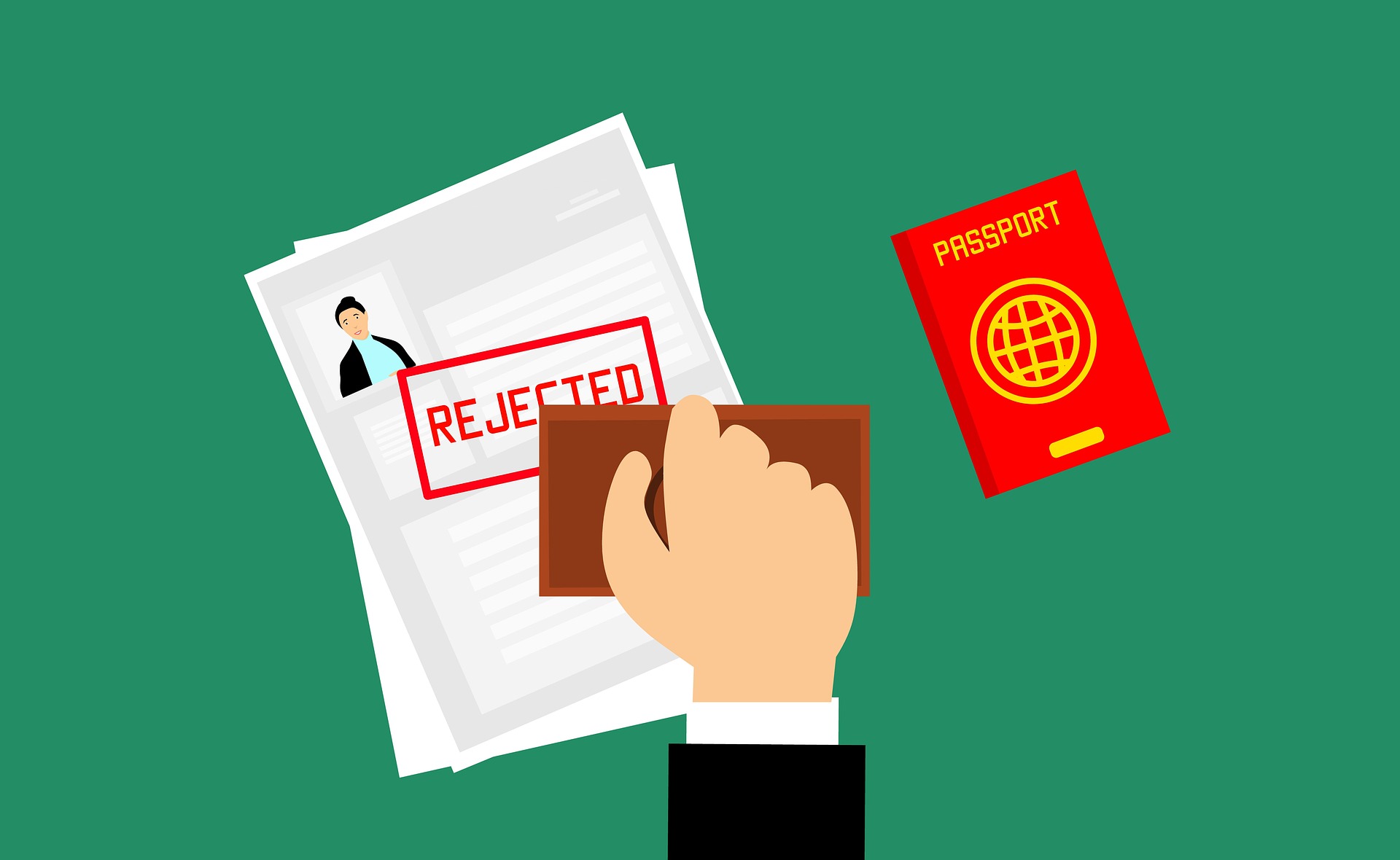Good news for U.S. employers of H-2B visa workers!
Starting April 13, 2023, the U.S. Citizenship and Immigration Services (USCIS), will begin accepting petitions for H-2B temporary non-agricultural workers for the late second half of fiscal year (FY) 2023, for employment start dates from May 15, 2023, to September 30, 2023 under the H-2B supplemental cap temporary final rule.
Up to 10,000 additional visas will be up for grabs for returning workers who were previously issued H-2B visas or who held H-2B visa status in fiscal years 2020, 2021, or 2022, irrespective of their country of nationality. Pursuant to the final rule, such visas will only be available to U.S. businesses that are suffering irreparable harm or will suffer impending irreparable harm without the ability to employ all H-2B workers requested in their petition, as attested by the employer on the new attestation form.
Why the surplus of visas?
The Department of Homeland Security and Department of Labor issued the temporary final rule to increase the numerical cap on H-2B nonimmigrant visas by up to 64,716 additional visas for fiscal year 2023. Of these 64,716 additional visas, 44,716 are available only for returning workers (workers who received an H-2B visa or were otherwise granted H-2B status in one of the last three fiscal years).
The remaining 20,000 visas have been set aside for nationals of El Salvador, Guatemala, and Honduras (collectively called Northern Central American countries) and Haiti, who are exempt from the returning worker requirement.
As of April 10, 2023, USCIS has received petitions requesting 11,537 workers under the 20,000 visas set aside for nationals of Haiti, El Salvador, Guatemala, and Honduras. USCIS is continuing to accept H-2B petitions under this allocation.
 Visa Lawyer Blog
Visa Lawyer Blog











